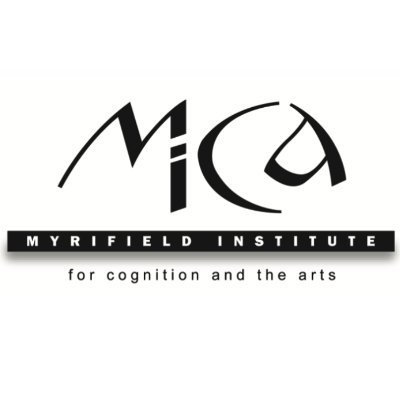
Last paper:
Grazia Pulvirenti, Renata Gambino, Neurohermeneutics. A Transdisciplinary Approach to Literature
- Peer review
- Submit a paper
- Suggest a paper
- Contact us
- Partner program
Vittorio Gallese, George Lakoff,
The brain's concepts: the role of the sensory-motor system in conceptual knowledge
 Source: Cognitive Neuropsychology, 21
Source: Cognitive Neuropsychology, 21Year: 2005
Topics: Cognition;
Disciplines: Linguistics;
DOWNLOAD PAPER
Download size: 203.37 KB
Concepts are the elementary units of reason and linguistic meaning. They are conventional and relatively stable. As such, they must somehow be the result of neural activity in the brain. The questions are: Where? and How? A common philosophical position is that all concepts—even concepts about action and perception—are symbolic and abstract, and therefore must be implemented outside the brain’s sensory-motor system.We will argue against this position using (1) neuroscientific evidence; (2) results from neural computation; and (3) results about the nature of concepts from cognitive linguistics. We will propose that the sensory-motor system has the right kind of structure to characterise both sensory-motor and more abstract concepts. Central to this picture are the neural theory of language and the theory of cogs, according to which, brain structures in the sensory-motor regions are exploited to characterise the so-called “abstract” concepts that constitute the meanings of grammatical constructions and general inference patterns.
Project
The Neuro Humanities Studies Network aims at creating a multidisciplinary research community in order to develop and structure a linking platform for neuro-scientific, cognitive topics and humanities.
Click on each keyword to show papers related with it.









